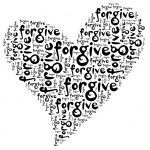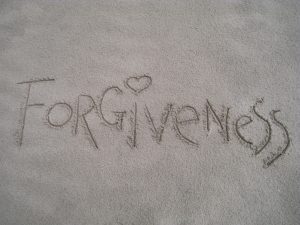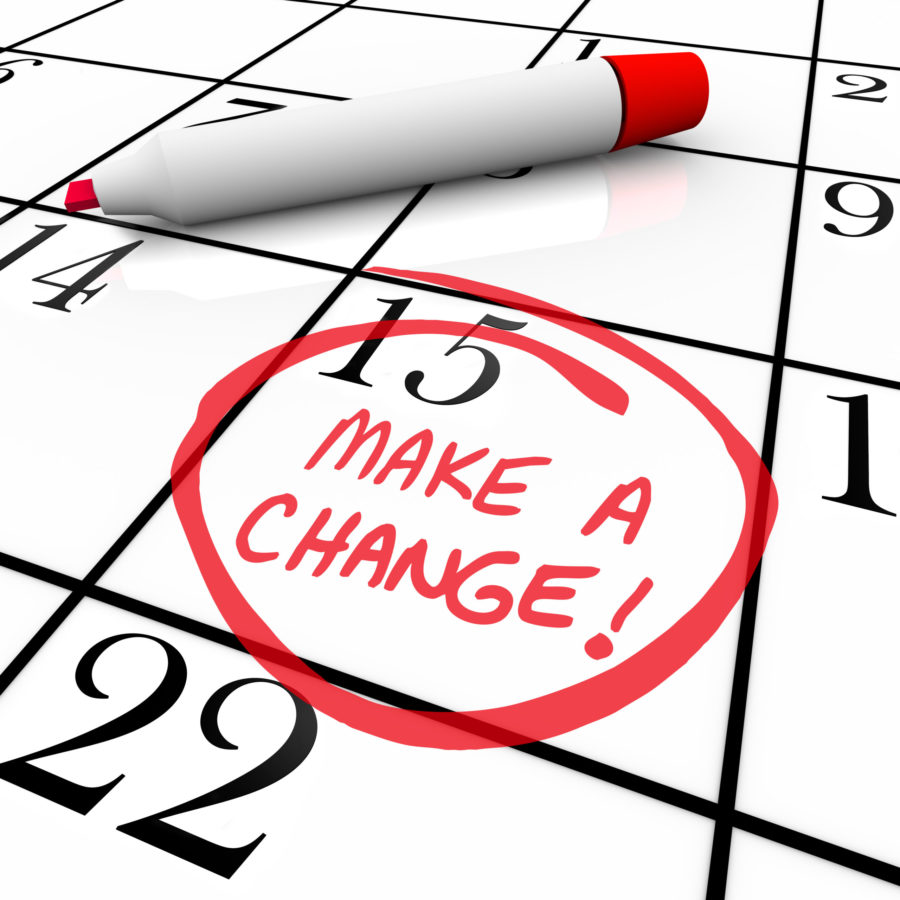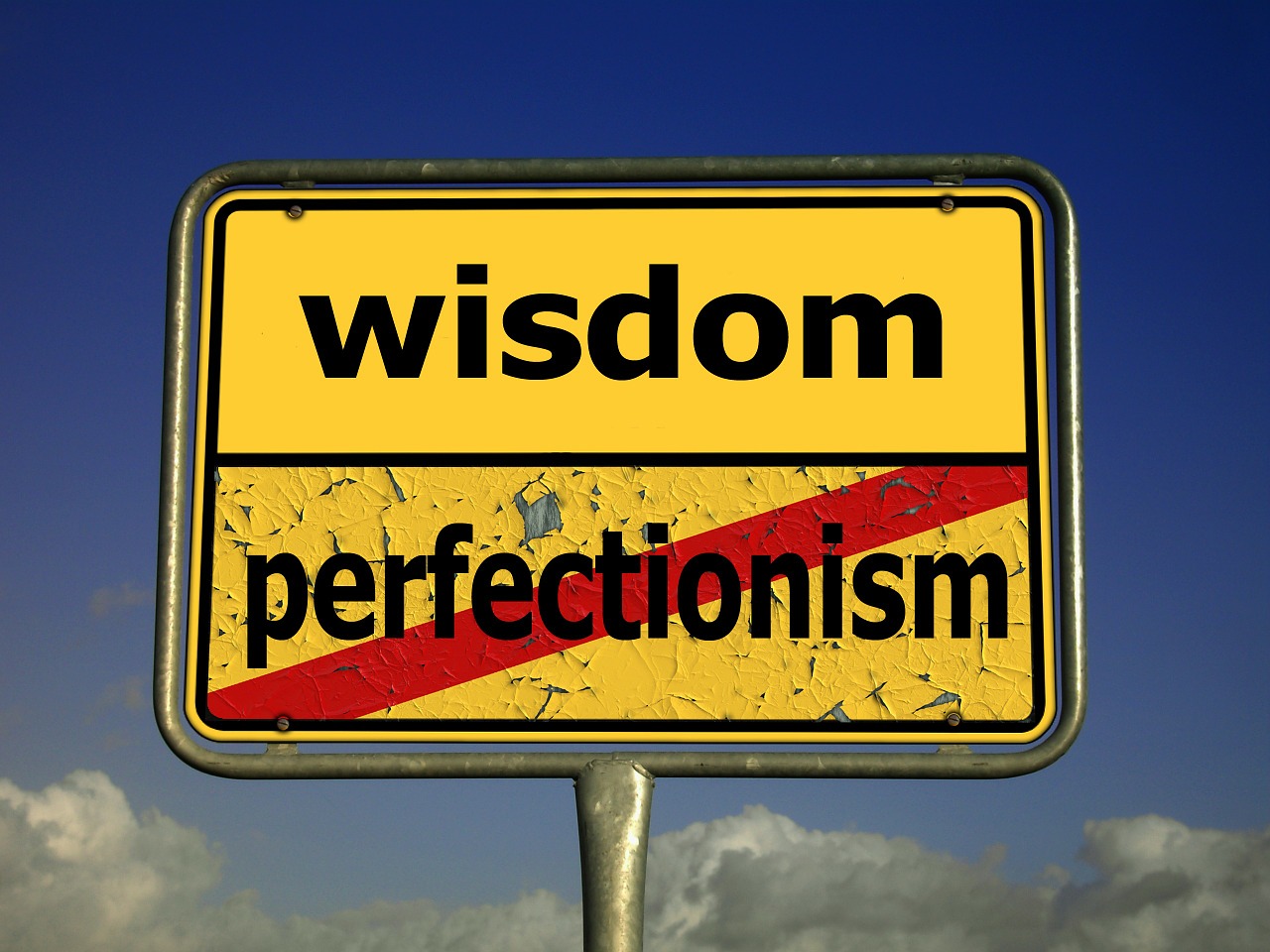
Did you know the act of forgiveness can bring about measurable health benefits? Yep, it’s true: there’s a nice body of research documenting the ways that forgiveness can improve not just our mental health but also our physical health. People who learn to forgive may improve their immune response and cardiac health, lower blood pressure, decrease anxiety, lower the risk for depression, and improve relationships.
So, forgiveness is a healthy thing to do. Got it. Easy-peasy, right? Actually, learning how to forgive can be very challenging. In fact, many people balk at the mere suggestion of forgiveness and feel tremendous internal resistance, asking, “WHY would I want to forgive someone (including myself) who has hurt me (or others)?” I get that, and I’ve asked that very question myself. With clear evidence showing the benefits of forgiveness, though, I think it may be worth the effort to lean into the resistance and discomfort to see if we can learn to carry our pains and hurts in a healthier way. One way we can lean into the resistance around forgiveness is to challenge the myth that to forgive equals saying something was okay. Forgiveness is not about diminishing responsibility or minimizing the impact of being hurt. Instead, forgiveness is a way to reclaim your own energy and power so you can invest it into pursuits that favor wellbeing.
The question I get asked most commonly about forgiveness is, “HOW do I do it?” That’s an excellent question, so if you were already asking it in your head, give yourself a pat on the back and a few bonus points—way to go! It’s important to keep in mind that forgiveness is a process. Therefore, it might not be realistic to expect yourself to be able to let go of a decades-long grudge instantaneously after reading this blog post, just because you now know it’s a healthy thing to do. Here are some of the tasks associated with the process of forgiveness:
- Cultivate compassion for yourself. Choosing to face old hurts and trying to find a different way to hold them is challenging work, so be extra kind to yourself in the process.
- Process the emotions associated with being hurt: This is a very important step! The only reason we ponder the notion of forgiveness in the first place is because someone has hurt us or others, sometimes very deeply or traumatically. It is very important to respect and honor all of the emotions associated with being hurt: betrayal, anger, sadness, emptiness, or any other feelings that arise. The act of being present for our own emotions can often lead to emotional healing by allowing us to explore different ways to hold and connect with our difficult experiences. If this step feels too hard or tricky to do on your own, please consider talking to a therapist, minister, or someone else who is willing to walk with you through this important step.
- Consider forgiveness as an act of acceptance: This is a challenging step but vital. Acceptance does not mean liking or condoning or saying that something was ok. Acceptance is simply an acknowledgement of what is or what has come to pass. Acceptance is being able to say, “This has happened.” Acceptance means not struggling against reality.
- Consider forgiveness as an act of self-care: Another challenging but vital step. Think through this with me. If we grind an axe against someone, internally churning away on our seething hatred for years or even decades, who does it hurt? Most of the time, the person we hurt the most is ourselves. Even worse, by maintaining the hateful storm inside of ourselves, we are continuing to invest our energy in the person who hurt us, leaving us emotionally fused with them—ouch! When we engage in the practice of forgiveness, we can begin to reclaim that energy and reinvest it into new and transformative endeavors.
- Cultivate a willingness to forgive: Go old school with me for a moment. Remember turn dials on radios? Imagine your willingness as a dial marked with numbers from zero to 10. Can you help yourself turn your willingness dial up, maybe even bit by bit? The willingness dial can also be thought of as your internal readiness dial—how ready are you to allow these internal changes? Hopefully, your ability to turn up the dial will be motivated in no small part by knowing that forgiveness may help you be healthier in the long run.
- Practice holding the other person’s mind in mind. When we hold another person’s mind in mind, we try to connect with this person’s internal experiences and perspectives without introducing our own judgments and reactions. This may feel quite difficult and that is ok. Can you practice seeing the world through their eyes? Consider what you know about their life experiences. What has shaped them? What experiences might have inspired their choices and behavior in life? See if you can maintain an awareness that we have all experienced hardships and joys. Indeed, we are all perfectly imperfect. With nonjudgmental attention, can you imagine what may have motivated their actions that caused you pain? Once again, if this step feels too difficult to do own your own, please have compassion for yourself and consider seeking out professional guidance. You don’t have to walk this path alone.

- Create rituals to mark your forgiveness process. Brainstorm creative ways to mark the meaning. For example, you could write a letter to the person who hurt you and let it burn in the fireplace, watching as it turns to smoke and ashes (please be safe and careful, of course). You could do a guided imagery exercise that has you visualize reclaiming your precious energy, with dignity and grace, from the person who hurt you. Write your grudge out on a sandy beach and watch it wash away as the tide comes in. You can even consider inviting trusted others to be there to witness these rituals.
- Re-invest the forgiveness energy into yourself and others. Holding a grudge ties up precious energy so deciding to let go of it means you can re-invest that energy in activities that bring meaning into your life. Take a yoga class. Volunteer at a local charity organization. Learn how to salsa dance. Join a volleyball team. Write poetry. Join a book club.
Want a little more information on forgiveness? Check out this article from the venerable Mayo Clinic.
With care and well wishes,
Dr. Jen



